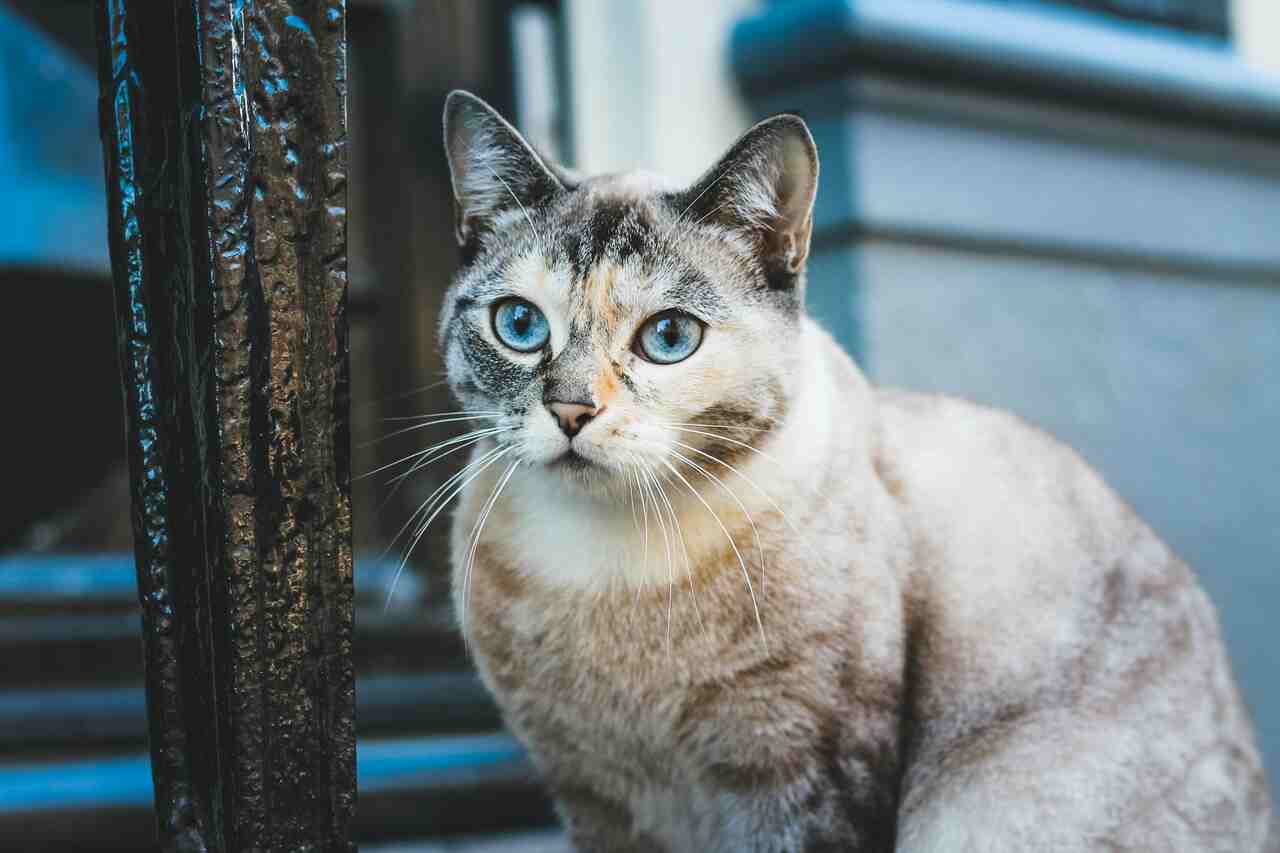
According to a new study conducted by Japanese researchers, cats use their own urine to communicate with other felines.
+ Veterinarian explains why you should never flush pet feces down the toilet
+ Man voluntarily dies after letting himself be bitten by some of his 60 snakes
The research, published in the Journal of Chemical Ecology, explained why sprayed urine had a distinct odor compared to normal urine. Initially, researchers compared the chemical profiles of volatile organic compounds emitted by sprayed urine, normal urine, and bladder urine collected through ureteral catheters.
Chemical analyses revealed a high degree of similarity in these profiles within the same individuals. However, behavioral analyses showed that cats perceived sprayed urine and the remaining urine in the bladder after spraying as similar odors, while another cat’s urine odors were perceived as different.
According to Professor Masao Miyazaki, leader of the research project at the Iwate University, the data indicate that sprayed urine originates from bladder urine without supplementation with chemicals from other secretory glands.
After discovering the high degree of similarity between the volatile chemical profiles of sprayed cat urine and normal urine, researchers decided to examine why sprayed urine emits a strong odor from another perspective.
Two decades ago, Miyazaki discovered that healthy cats excrete a substantial amount of a urinary protein called cauxin, which contributes to the production of sulfur-containing odorants responsible for the distinct feline odor.
In the new study, they observed that urine samples easily adhered to the inner surface of plastic syringes when transferred to glass bottles for urinary volatile analyses, and as expected, surface tension was reduced with increasing cauxin concentrations.
At the same protein concentration, “wettability” was higher in the cauxin solution than in the control solution containing albumin, an important protein in mammalian blood.
By comparing the surface tension of cat urine with and without proteins, researchers confirmed that urine with proteins exhibited significantly lower surface tension than deproteinized urine.
The authors wrote that sprayed urine in cats originates exclusively from the bladder, without any contribution from other secretions. Despite this exclusive source, sprayed urine emits a strong and pungent odor due to greater adhesion on vertical surfaces.
This content was created with the help of AI.

